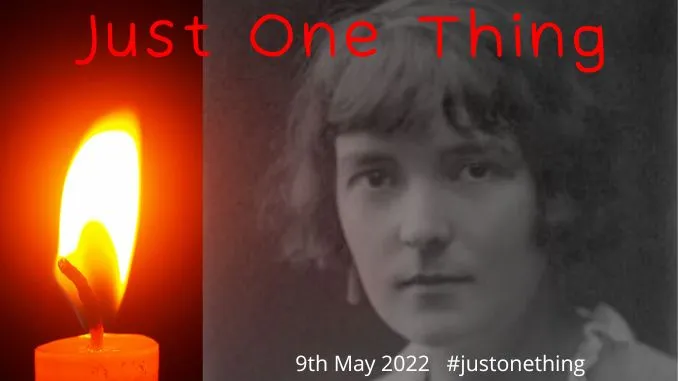
Daily Prompt: "Thread"
I'm an old dog when it comes to teaching English to Japanese college students and over the years I've built up a repertoire of tricks and techniques the better to engage my students and juggle my way through a class.
One such "old dog tactic" is to employ the good old rhetorical art of "digression" in the mode of a mock rant, pseudo-passionate complaint, or sudden recollection (often of lyrics) that serves to raise the tempo and amuse some if not all of the students.
In classical oratory, the "digression" never actually loses the thread of the speech. The whole art of classical digression was to seem to lose the thread while craftily weaving the digression back into the fabric of the speech and using it as a metaphor for the topic, thereby adding some energy to the persuasive power of the oration.
In your old dog's classroom, however, the function of the digression is not to persuade the students to any specific action or belief, but to increase their engagement with the teacher and perhaps even to pass some time.
Having carried the students away from the main topic through the digression, the real trick is to suddenly break off in mid sentence and seem to have completely lost the thread of the pre-digressionary topic.
The teacher suddenly looks at the class with wild bewilderment and asks them what on earth he was talking about before the digression.
There are usually a few students who are keen to help poor old sensei to pick up the main thread of his lesson by reminding him what it was - which is the whole point of the digression, of course: to get the students to recall and remember the topic that old sensei seems to have forgotten!
Katherine Mansfield and the Tactic of Avoidance
Speaking of forgetting and remembering, today's topic helped me to recall a short story that I had forgotten by a writer whom I admire, Katherine Mansfield.
The title of the short story is The Daughters of the Late Colonel.
In that story, the two daughters, Josephine and Constantia, are coping with the death of their domineering father whose life seems to have completely overshadowed their own.
The two women are entangled in the conventions of their class in a way that Mansfield herself never was.
They have invited the nurse who cared for their father to "stay on" for another week as a guest (and therefore unpaid). The nurse jumps at their invitation, which puts them in the awkward position of having to keep up appearances, and dine "at proper times" rather than having the maid bring them a tray of grub wherever and whenever they feel like it.
And the nurse is such an embarrassment! So vulgar and grasping. She wolfs down as much grub as she can while affecting absent-mindedness in the taking of extra portions.
Josephine got very red when this happened, and she fastened her small, bead-like eyes on the tablecloth as if she saw a minute strange insect creeping through the web of it. But Constantia's long, pale face lengthened and set, and she gazed away - away - far over the desert, to where that line of camels unwound like a thread of wool ...
Meanwhile, the maid has a brazeness about her that seems to intimidate the sisters. Now that father has gone they'd really like to dismiss her, but seem unable to summon up the fortitude to do the deed.
Indeed, the story ends with both sisters pretending to "lose the thread" of what it was they wanted to say to each other. Whereas a teacher may "lose the thread" as a tactic of engagement, the sisters "lose the thread" as a tactic of avoidance:
She wanted to say something to Josephine, something frightfully important, about - about the future and what ...
"Don't you think perhaps--" she began.
But Josephine interrupted her. "I was wondering if now--" she murmured. They stopped; they waited for each other.
"Go on, Con," said Josephine.
"No, no, Jug; after you," said Constantia.
"No, say what you were going to say. You began," said Josephine.
"I ... I'd rather hear what you were going to say first," said Constantia.
"Don't be absurd, Con."
"Really, Jug."
"Connie!"
"Oh, Jug!"
A pause. Then Constantia said faintly, "I can't say what I was going to say, Jug, because I've forgotten what it was ... that I was going to say."
Josephine was silent for a moment. She stared at a big cloud where the sun had been. Then she replied shortly, "I've forgotten too."
Source: http://www.eastoftheweb.com/short-stories/UBooks/DaugLate.shtml
David Hurley